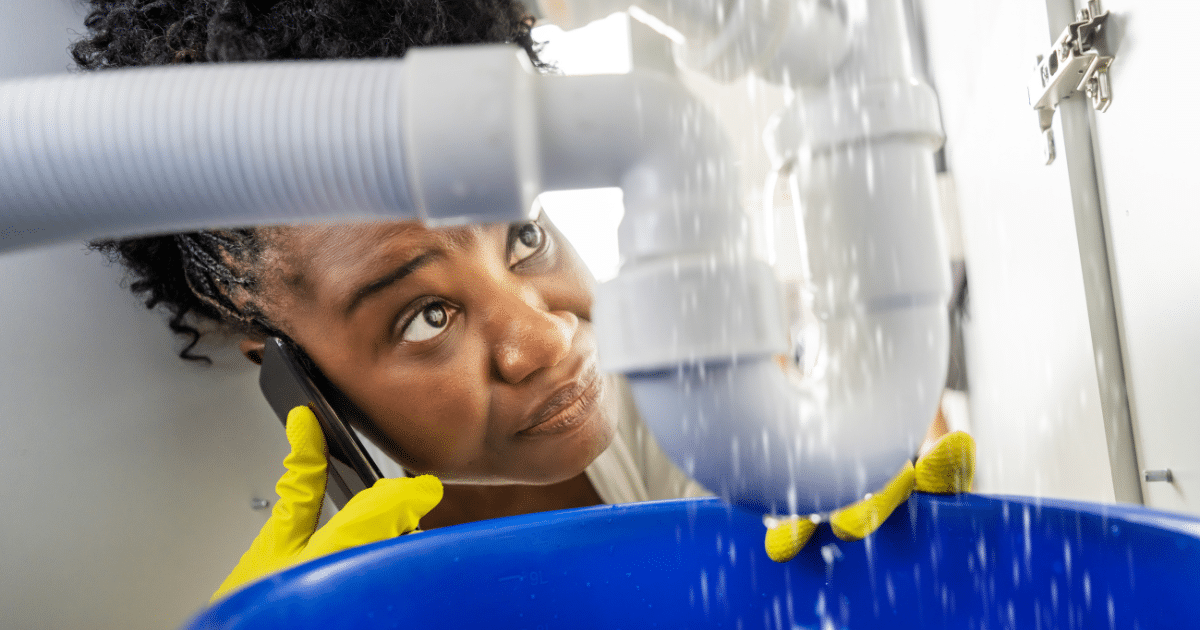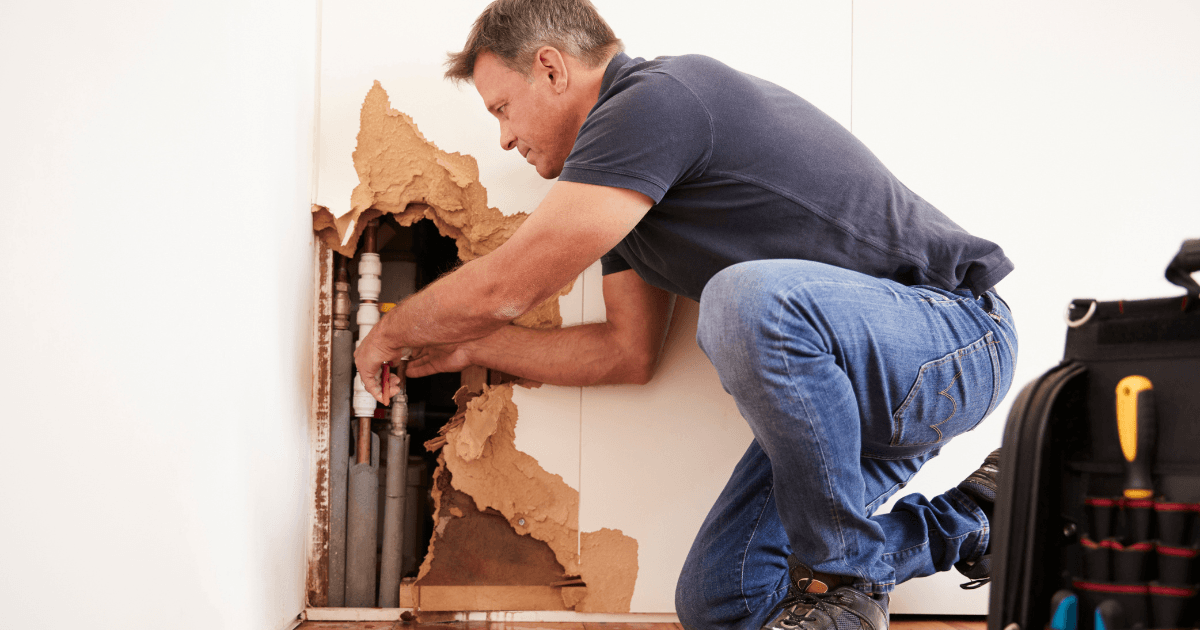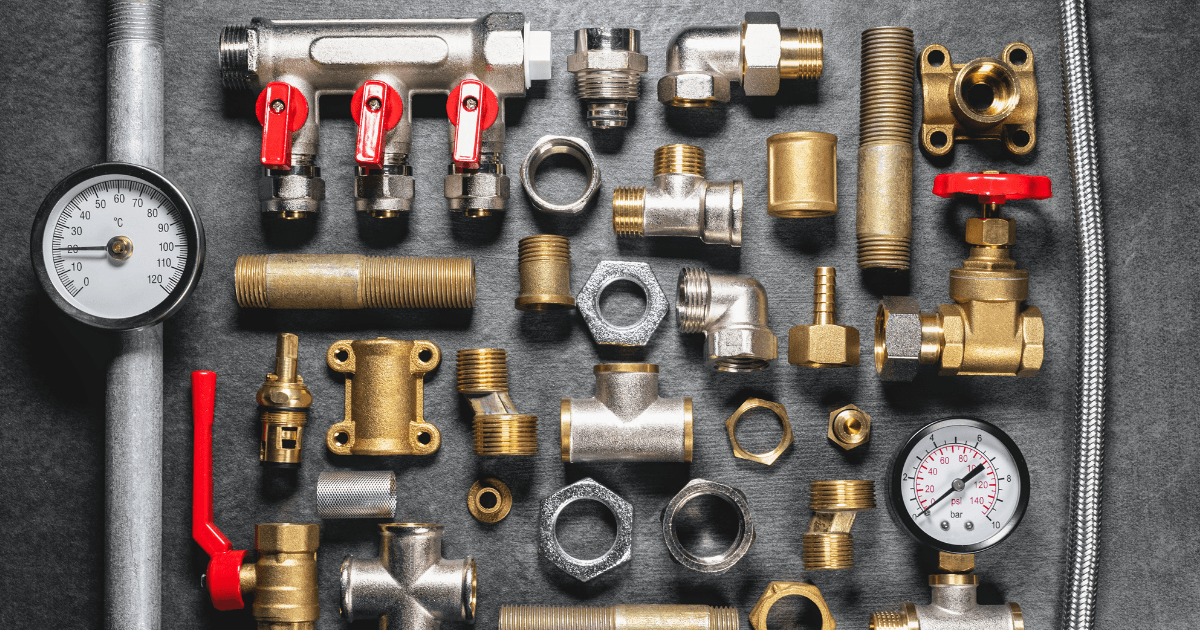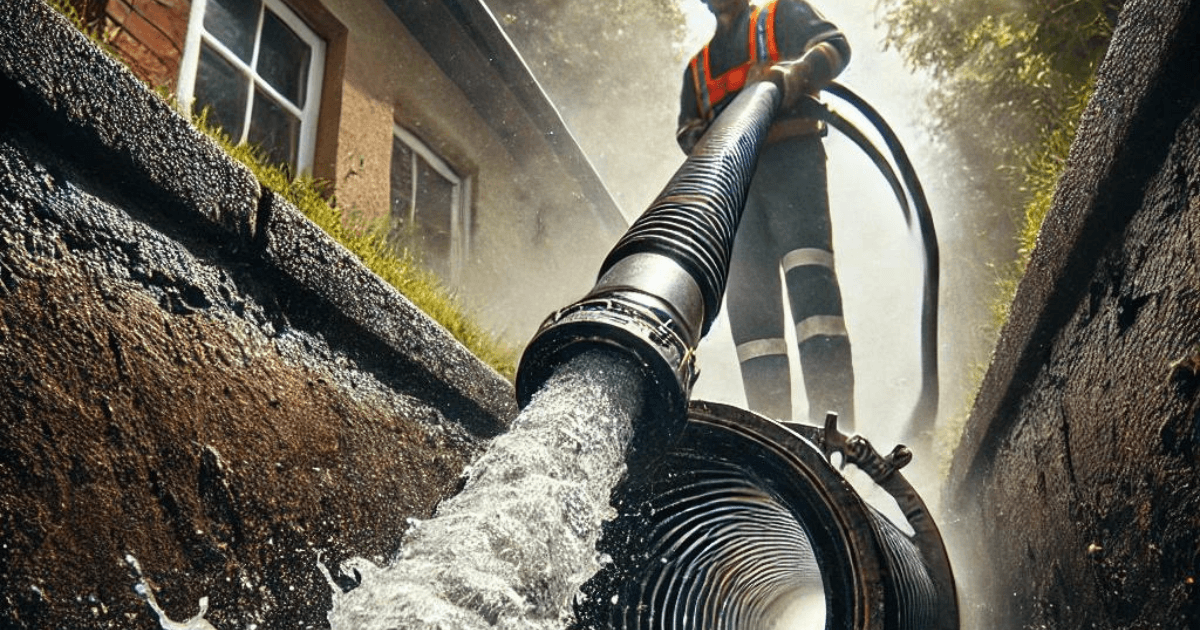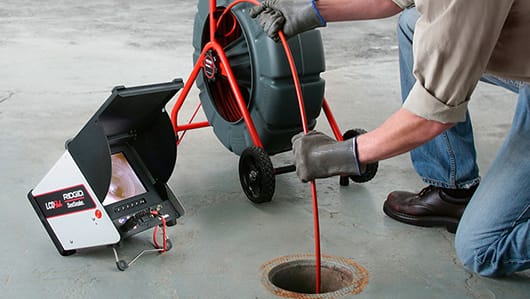Table of Contents
Toggle10 Common Causes of Leaky Pipes in Your Home
As a homeowner, maintaining your property is a top priority. But the hidden infrastructure—water lines, gas lines, and drains—can make it challenging to stay on top of potential issues. One of the most elusive and frustrating problems is discovering the source of a leak. Whether it’s water, gas, or your water heater, identifying the root cause of a leak can be tricky. Understanding the common causes of pipe leaks can help you take action before they escalate into more significant problems.
Here are 10 common reasons your pipes might spring a leak:
1. Worn-Out Seals
Your home’s plumbing system isn’t limited to just pipes; appliances like refrigerators, washing machines, and dishwashers rely on rubber seals to prevent leaks. Over time, these seals degrade due to age and usage, leading to potential leaks. If you spot water pooling around your appliances or condensation forming, a worn-out seal might be to blame.
2. Clogged Drain Lines
A clogged drain can cause more than just slow water flow—it can lead to increased pressure in your pipes, which might eventually cause a leak or even a burst pipe. While over-the-counter drain cleaners can offer a temporary fix, they can also damage your pipes if used frequently. Preventative measures like using hair traps and regularly flushing drains can help avoid clogs.
3. Corroded Pipes
While a copper patina may be aesthetically pleasing, it’s a warning sign if it’s happening inside your plumbing. Corrosion in pipes occurs as they age, which can eventually lead to leaks. If your home is older, consider having a professional inspect your pipes, especially if they’re made from materials like lead, galvanized steel, or outdated copper.
4. Poor Pipe Installation
Properly installed plumbing systems are essential for preventing leaks. If your plumbing was done by someone without the right expertise, or if shortcuts were taken, you might be dealing with improperly routed pipes. Incorrect installation can lead to stress points in the system, increasing the risk of leaks. A professional plumber can inspect and correct these issues.
5. Damaged Pipe Joints
The joints where pipes connect are among the most vulnerable parts of your plumbing system. Over time, fluctuations in water pressure and temperature can cause these joints to deteriorate, leading to leaks. If you hear strange noises like ticking or banging when using hot water, it could be a sign of joint issues.
6. Shifting Ground
The pipes that supply your water and drain your waste are often buried underground, where they are subject to shifts in the earth. Natural events like tree root growth, flooding, or even minor earthquakes can cause pipes to bend, crack, or disconnect. If you notice changes in your water pressure or drainage, underground pipe movement might be the cause.
7. Excessive Water Pressure
While a powerful shower can be refreshing, high water pressure can put undue stress on your pipes, leading to leaks. Homes in multi-story buildings or with pressure booster systems are particularly at risk. If you suspect high water pressure is causing leaks, it’s best to have a plumber assess the situation.
8. Tree Roots
Trees are a beautiful addition to any yard, but their roots can be a nightmare for your plumbing. As they grow, roots naturally seek out water sources, and your underground pipes make an attractive target. If you have mature trees near your home and notice unexplained wet spots or a drop in water pressure, tree roots may be infiltrating your pipes.
9. Loose Water Connections
Appliances like washing machines and dishwashers can vibrate and shift during use, sometimes causing water connections to loosen. This can result in leaks that range from minor drips to significant sprays. Regularly checking and tightening these connections can help prevent leaks, but be cautious not to overtighten, which can cause additional problems.
10. Cracked Fixtures
Over time, wear and tear can cause even the most durable fixtures to crack or leak. Whether it’s a faucet, showerhead, or toilet, a small crack can lead to significant water damage if left unchecked. Replacing or repairing these fixtures at the first sign of a leak is crucial to preventing further issues.
Key Takeaway: Don’t Ignore the Signs of a Leak
Paying close attention to your plumbing can help you spot problems before they turn into costly repairs. If you’ve noticed any of the above issues, or if your water bill has unexpectedly increased, it’s time to take action. At On Services, our experienced technicians are ready to diagnose and fix your plumbing issues, ensuring your home’s plumbing system runs smoothly. Whether it’s a minor leak or a more significant problem, we’re here to help you protect your home from water damage.

